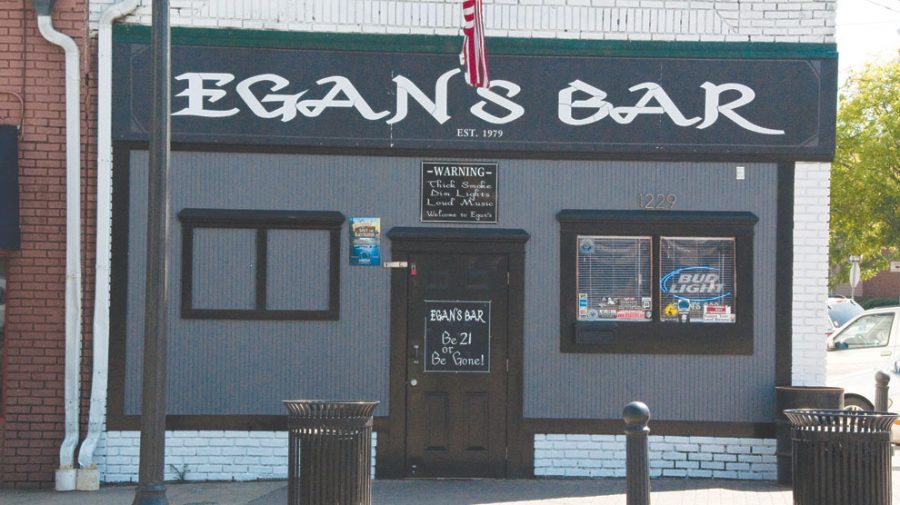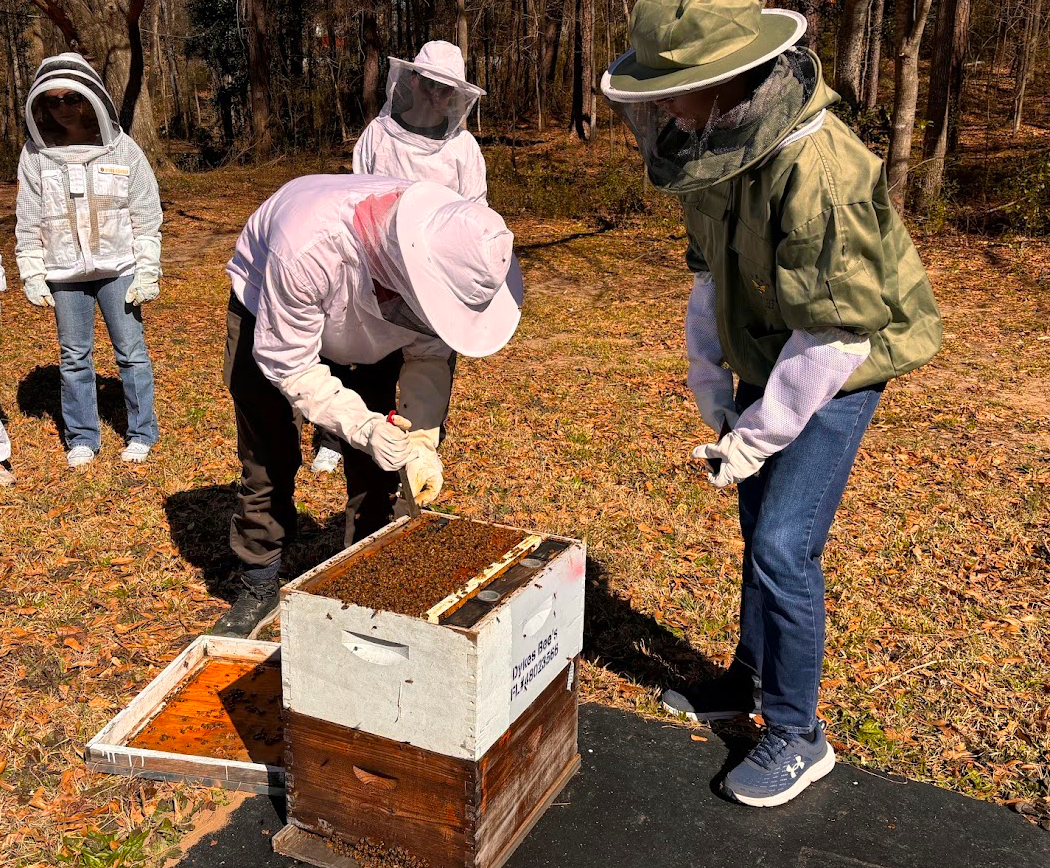Over the past few years, the number of bars that allow bands to play only their own original music has diminished. Local bands that play only originals, such as Glibella, believe bars should be more accommodating of their ilk. Others understand the economics of the practice.
To Glibella, a band uninterested in covering other tunes, Tuscaloosa’s bar situation is disheartening.
Egan’s, as far as Glibella band members know, is the only bar where a band is free to play exclusively its own music.
Mellow Mushroom, another bar known for original bands, recently stopped booking acts due to renovations.
The BottleTree falls in line with Egan’s, but it’s 50 miles away in Birmingham.
“It’s a big downfall for Tuscaloosa,” said Cliff Turner, guitarist for Glibella. “Egan’s is the only bar here that glorifies an original band.”
Other musicians feel that bands must conform to the demand for covers because covers draw crowds to bars.
“Money talks, and covers bring people to bars,” said Reed Watson, the house drummer at Bo’s Bar. “Sure it’s a shame, but you have to [play covers], even if you don’t necessarily enjoy it.”
Even Egan’s motivations may involve money rather than a desire to promote original music.
“Our crowd is older and come here knowing they’re going to listen to music they haven’t heard before,” said Jeff Sides, bar manager of Egan’s. “Our crowd doesn’t like covers, and they’ll let the artists know with their boos.”
That is not the case at Copper Top
“A lot of the pressure to play covers comes from the crowd,” said William Stephenson, guitarist for Plato Jones and booker for Copper Top. “They want to sing to the music — so much that bar [managers] are wanting to say ‘I can make just as much money playing an iPod [as I can booking a cover band].’”
Glibella’s frustration is widely felt. Local musician Joshua Morgan Folmar said there are not many options for original songwriters outside of “busking”—playing for tips—at local cafés. This can present a dire situation for artists who rely on playing their own music for their livelihood. Some think biting the bullet and playing covers is the only solution.
“If it’s going to take a bunch of covers to make the money to get my music out there someday — it is what it is,” said Michael London, bassist for The Shoplights and Truffle Shuffle.
London, Folmar and Watson all believe it’s possible for original artists to find a fan base. But they also believe Tuscaloosa’s overall perception of originals does nothing to facilitate things.
“This town has a culture problem, but it’s reality wherever you are,” Watson said. “People have anything they could ever want entertainment-wise in the palm of their hands.”
Watson believes many bands unwilling to play covers stubbornly blame bars for their own inability to draw a crowd.
Some bands, however, insist that drawing the crowd is not the point. The members of Glibella feel the number of gigs they book is unimportant compared to the practice of their craft.
“Cover bands are nice and crowd-pleasing,” said Kyle Smith, bassist for Glibella. “But anyone can trace the Mona Lisa, and we wouldn’t consider that art.”









